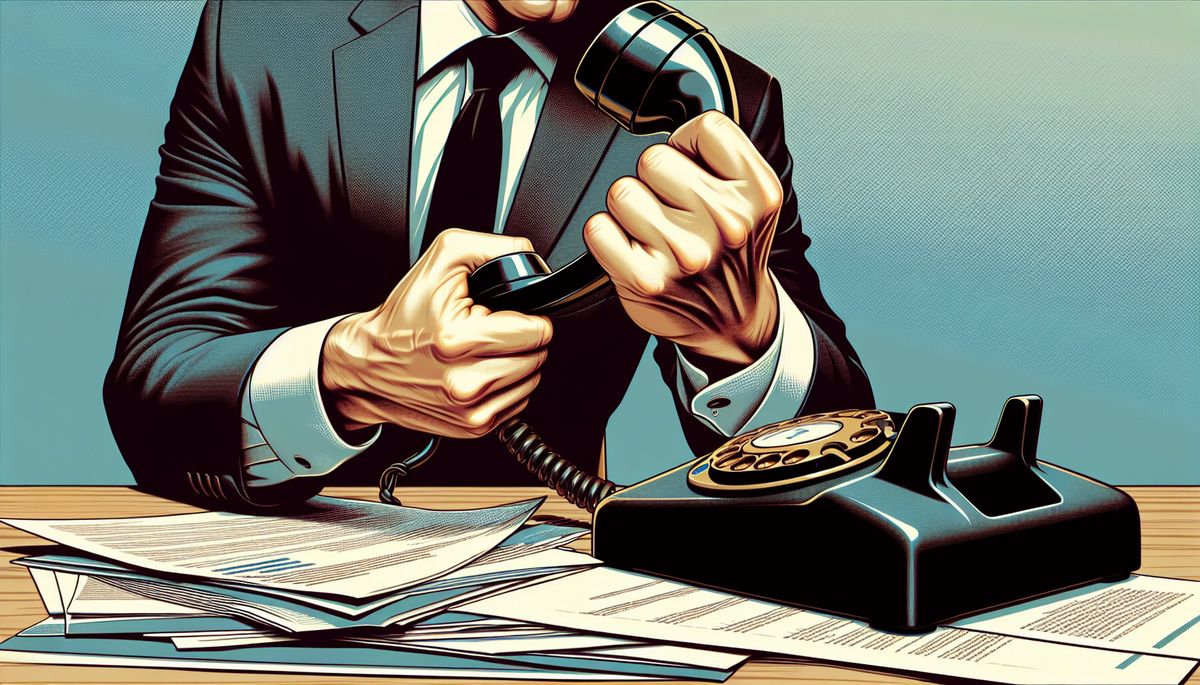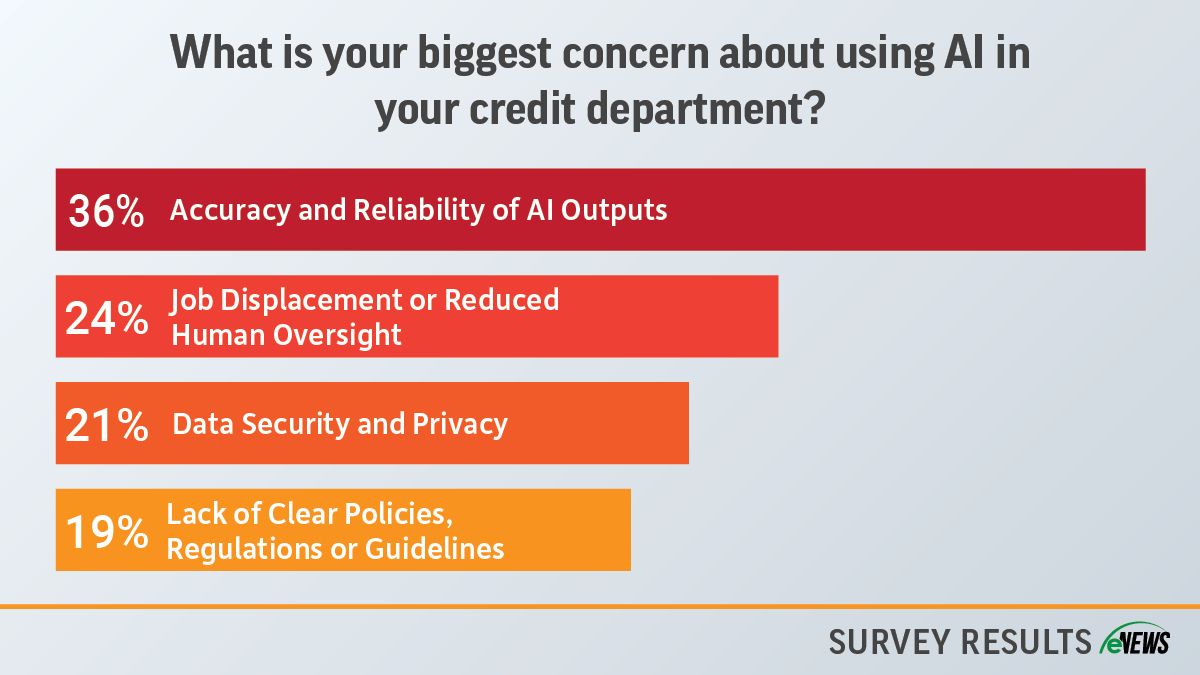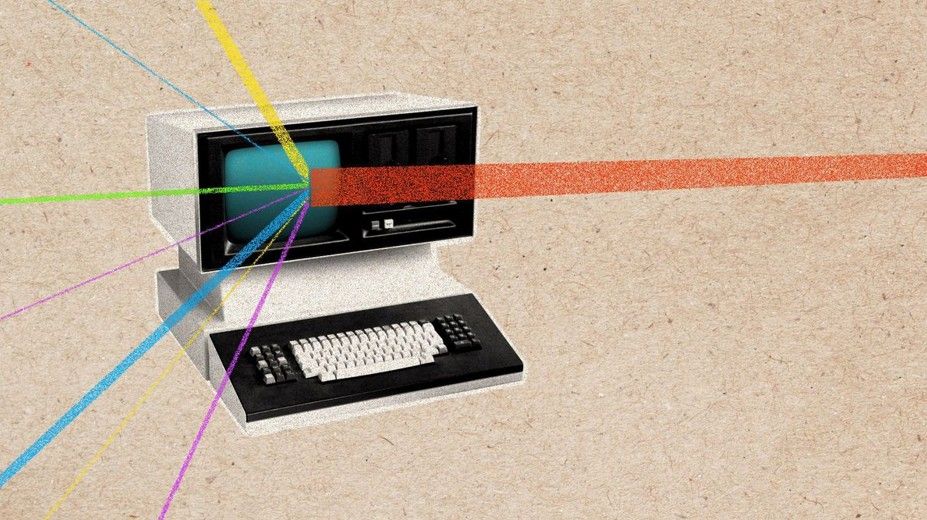Business Practices, eNews
Strategies for managing customer conflict

De-escalating customer conflicts is a routine part of the job for trade credit managers.
Why it matters: Understanding and effectively managing customer conflict is vital because it directly influences a business’s financial well-being, reputation, and overall trajectory.
To address this challenge, we have compiled a list of proven strategies that credit professionals employ to effectively manage and de-escalate even the most difficult customer scenarios.
#1 Say less, listen more
By listening to your customer, you promote expression and understanding, speeding up the journey to a resolution.
“You can’t script a collection call because you don’t know what’s going to be said to you first,” said Marlene Groh, CCE, ICCE regional credit manager at Carrier Enterprises LLC (Charlotte, NC). “I remind my team to just stay quiet for a bit. It’s surprising what people will open up about when there’s no pressure to keep a conversation going.”
Customers are sometimes looking for an outlet to vent about their problems. Letting them share their frustrations helps you understand the issues better, which can help solve disputes and make credit decisions later on. Plus, it builds a stronger relationship over time.
#2 Details, details, details
Gathering all available information about the situation streamlines collection calls and aids in dispute resolution. For example, Groh encourages her team to gather details such as check numbers and payment dates to identify potential issues. “If they just say it’s a dispute, ask what they are disputing and why.”
Be sure to take accountability if an issue was created on your end that caused the customer to get upset. “Did we commit to something that we haven’t delivered on?” said Michael Barnidge, CCE, CICP vice president of finance at Quality Bicycle Products (Bloomington, MN). “Are we not honoring what the salesperson decided upon? Sometimes getting a clear understanding of what the issue is opens the door to a different conversation that takes some of the stress off of the customer because it shows that we understand.”
By focusing on the facts rather than emotions, credit professionals can better understand the problem. Having as many facts as possible before jumping on a call will help you remain neutral and level-headed.
“I want to know why they’re upset about what we did on our end because most of the time, we made the right decision, but I want to understand how we made our decision,” said Brendon Misik, CCE, CICP senior manager of AG credit at PCS Admin USA Inc. (Nutrien) (Deerfield, IL). “Since I don’t want to take either side, I just lay out facts, especially when people get emotional.”
#3 Use empathy
Empathy can defuse tension and enhance customer relationships by fostering understanding and shared emotions. By demonstrating empathy, you encourage customers to share their concerns, leading to more effective problem-solving. Amid uncertainty, prioritizing customer empathy in your service fosters understanding, positive experiences and trust.
“Having been on the other side, I can say it is a complete range of emotions stemming from embarrassment and frustration to anger when you are not able to pay on time,” said Nate Yagle, vice president of credit at Premier Companies (Seymour, IN). “Our default is doing what we can to help and retain the customer when possible. We try to figure out a way to work with the customer to find a solution and deescalate the situation before it gets heated.”
#4 Have an escalation system
Implementing an escalation system for customer conflicts, whether directed to the manager or CEO, is essential for effectively resolving issues. “I like to stress making sure my team has the tools and a disposition to effectively diffuse most issues,” said Jake Merriman, credit manager at Masons Supply Company (Ridgefield, WA). “If it gets worse, someone else calls and if it gets worse, I’ll typically step in, especially if the person is upset. But working in credit and collections long enough now it’s inevitable to have a customer get angry and at that point I have asked my team to forward the call to me.”
#5 Walk away
Conflicts with customers may escalate to a level where their behavior becomes disrespectful or unreasonable. At that point, it’s best to take a break. Allocating time for both parties to cool off, whether it be an hour or a day, helps clear your mind.
“If you have a heated conversation with a customer and it escalates, don’t jump on another call,” said Carl Davidson, director of credit and collections at Blue Water Industries LLC (Jacksonville, FL). “Take a break to get yourself together first because you don’t want that conversation to bleed into the next customer. I encourage my collectors all the time, get away from your desk and take a break.” The bottom line: Effective management of customer conflict, which impacts a business’ financial health and reputation, can be achieved through strategies such as active listening, fact gathering and empathy demonstration.





